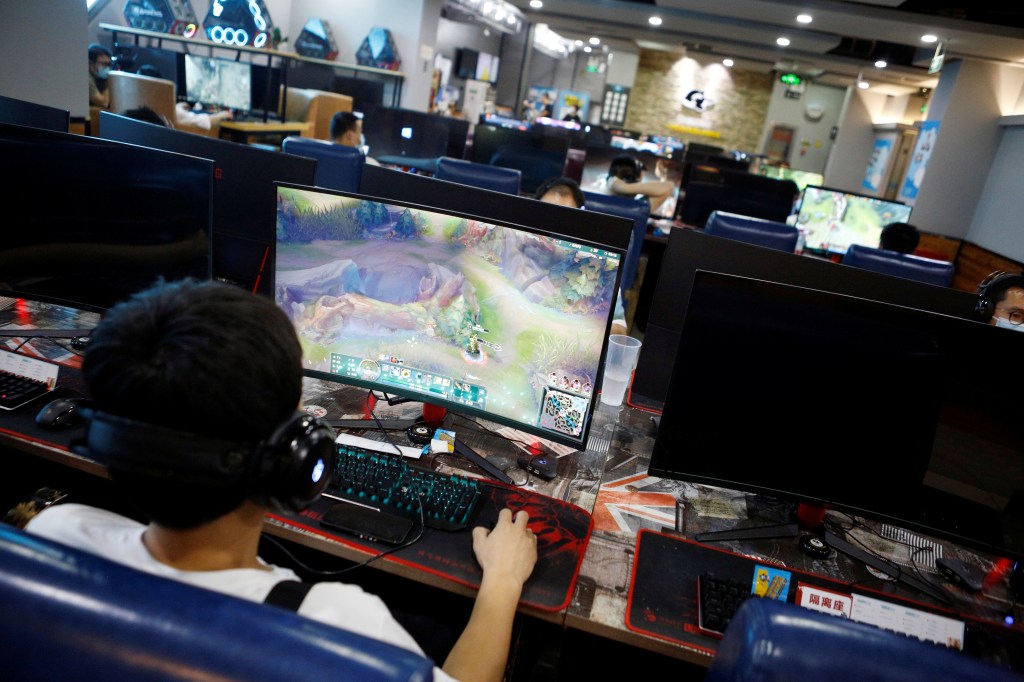Shashi Mathews and Abhishek Boob
Operating hurdles for the online gaming sector seem to be never-ending. Since the inception of online gaming, the sector has been facing severe resistance from different quarters. From an uncertain regulatory environment to a complex tax framework, the sector has had to juggle many issues.
Things started to look good with the introduction of a central regulatory framework, including the establishment of self-regulatory organisations. Continuing with the push to provide an impetus for growth to the sector, the recent budget provided limited compliance relief from onerous withholding tax provisions under the Income Tax laws. All in all, it seemed the sector was gearing up for some certainty in business operations, despite the fact that the GST Department was close on their heels, for some time.
Recently, after deliberating on the issue for over 3 years, the GST Council has now proposed to levy GST at the rate of 28%, on the entry deposit amount, for online money gaming. Pursuant to the said proposals, Amendment bills were introduced and passed by the Parliament on 11th August 2023. Recently, the said bills also received the President’s Assent and became Acts of the Parliament.
Prior to the amendments, the primary argument taken by all skill gaming operators was that they were different from games of chance, which had some element of betting/gambling. Therefore, they argued that the lower rate of tax for casual games should be levied on them. The GST Department did not agree with the same stating that if money is staked to play, then it will not matter whether they are skill based or chance based. Supporting the industry’s argument, the Karnataka High Court held that even if money is used, it will not take away the nature of a game based on skill and thus, would not be covered under betting/gambling and therefore, could be taxed at the lower rate of 18% on the fee that was collected by companies. The said finding of the High Court was based on GST provisions which only provided for higher tax of 28%, on face value, for actionable claims relating to lottery, betting and gambling.
What has changed now?
With these amendments, “Online Money Gaming’ has been defined to include online games where payments are made by users in the form of money / virtual digital assets with an expectation of an outcome in money / virtual digital assets. Thus, any format of online gaming with involvement of stakes, be it a game of skill or a game of chance, would now qualify as ‘Online Money Gaming’.
Having defined online money gaming, the Council then plugged a hole in existing tax framework, which only taxed actionable claims relating to lottery, betting, and gambling, by introducing ‘Specified Actionable Claims’. This now takes under its wings all actionable claims in online money gaming, casinos, horse racing, lottery, betting and gambling. Thereafter, the amendments deem that anyone who is operating a platform where these actionable claims are supplied, will be the actual supplier (even though it is the users who are actually supplying these actionable claims).
Why the furore?
The proposals and consequent amendments pose a serious threat on the viability of online gaming sector in India. Coupled with the high rate of tax under Income Tax laws, the current proposal of 28% under GST laws, on the entry deposit amount, is likely to drive away users. A few glaring aspects about the impact of recent proposals and amendments include substantial reduction in the prize book to an extent of almost 30%, GST quantum being much higher than the revenue earned by the gaming operators. Not only this, but the platform operator now is liable for tax on a value which never hits his books and is actually supplied between players. The argument that there is so much money in these games and the Government is not getting a pie of it, is on a rather slippery slope. Bear in mind, the revenues which are being talked about never reach the operators and in fact, it is the users or the winners who have to pay income tax on it. So then why go after the operators? Operators were already paying tax on the platform fee that they were charging users; that is the correct and the only way to tax this activity. Unfortunately, these announcements will kill a largely fast growing sector. Big gaming operators like MPL and Hike have already resorted to lay-offs. Small gaming operators like Quizy have already decided to shut down their business.
To compound this further, this has been called a clarification, multiple times, by the Revenue Secretary. This only compounds the problem for the industry as this suggests that the door is being left open for back taxes. If so, this would be ultimately the 3 point headshot that takes the industry down.
The article has been authored by Shashi Mathews, partner and Abhishek Boob, principal associate, INDUSLAW. Views expressed are personal.

